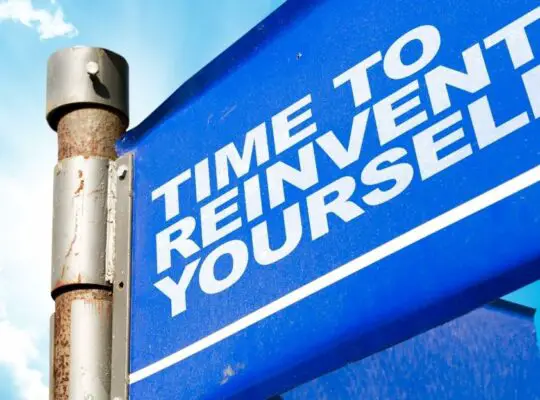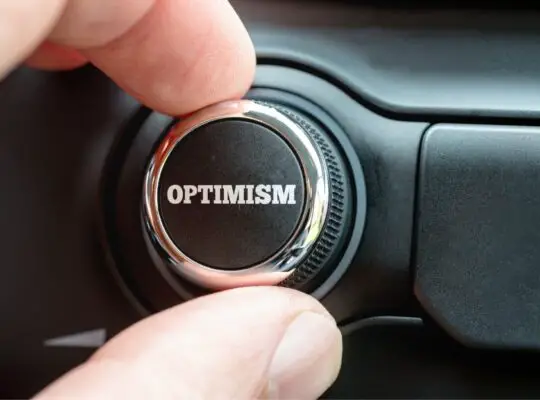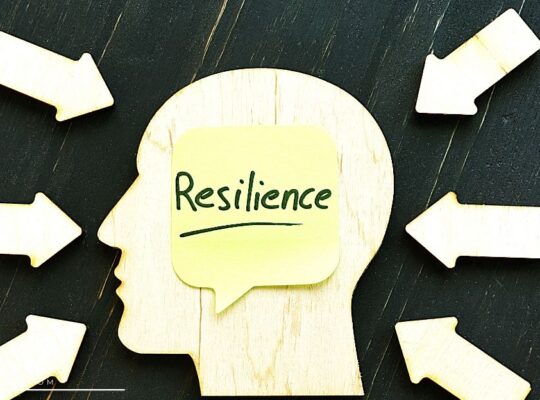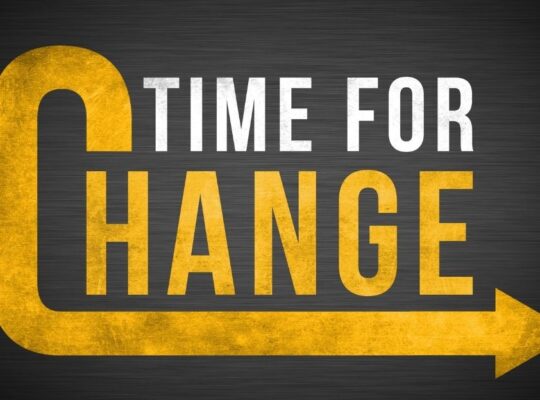How often do you consider the impact of self-affirmation? For many, this internal motivation and reward cycle is approached passively, if at all. Since the advent of “social media” our internal value has taken more and more focus on external systems. We desperately seek out the approval of others, while hardly putting any emphasis on the approval of ourselves.
Here, we will refer to the internal affirmation process as an “I Matter” mindset. In doing so, we will look at 10 ways that a shift to this way of thinking can benefit you.
1| I am worthy of love.
Love, sometimes more about acceptance, is a perilous concept to many. Born with an imbued sense of value, much of our lives can be an attempt to find those who will recognize and respect that value. For you, it may be romantic, it could be love from friends or even a community.
Understanding that we are worthy of love, is a practice of self-directed grace. Instead of holding past or present anxieties over your own head, you must be willing to grant yourself some leniency. In doing this, you accept that your value isn’t a product of your mistakes, but instead from your individual identity. Only then can you truly embrace the idea that you are worthy of being loved.
2| I’m not defined by my stuff.
Things may be great, but they should neither inflate nor deflate your sense of self-worth. Materialism can be a trap for those who feel they have to collect the latest and greatest toys and gadgets in order to matter to the world around them. Instead of accepting that their definition comes from the inside and that this definition is a good thing, they choose to supplement themselves with stuff. Do not be defined by your things, but rather by your values and actions.
3| I’m allowed to feel this way.
Permission to feel is one that a lot more of us should give ourselves. Family of origin, and how you were raised, teach us how we should treat our own emotions. For some, they have no problem experiencing positive and negative emotions. However, many have been taught to demonize negative emotions, such as sadness, despair, insecurity, and others.
You don’t always have to be happy. In fact, it’s perfectly normal to experience a vast array of feelings at any given moment. Humans are complex creatures. Instead of shutting yourself down, approach these feelings with curiosity so that you might learn more about yourself.
4| I don’t need to be everywhere.
It’s okay to miss out once in a while. In fact, being alone can be incredibly helpful in restoring ourselves, refocusing on our goals, and working on our personal growth. Insecurity in our status and value when it comes to others can often lead to the commonly known fear of missing out. It can feel like a step back to not be included in every development, but it’s unrealistic to operate in this manner. We can’t be everywhere and do everything at once.
Accept that sometimes, your priorities will call you in different directions than your peers, that this is okay, and in no way will it diminish your importance or value to those around you who truly care for you.
5| I can’t control everything, but I can control my response.
It takes maturity to release the illusion of complete control. When people take actions that harm us, it can feel like a real blow to our self-worth. The only thing is, we can’t control how everyone else will treat us. Furthermore, how a singular person decides to value you, doesn’t change your value. When you can’t control what happens to you, remember that you can control how you respond.
6| I can find peace in the present.
How do you feel about your present situation? With our eyes constantly searching for the next best thing, it can be easy to fall into a never-ending cycle of being negative about the current moment we exist in. Instead of being happy with our accomplishments as they are, we desire new ones, “better” ones even.
Finding peace in the present doesn’t mean that you can aspire for something in your future, but rather that you are able to appreciate what is here now. Acknowledge your history, your triumphs that led you here. Instead of determining how far is left to go, consider how far you’ve already come.
7| I don’t need comparison to feel joy.
Competition can be healthy, but comparison can be deadly. When an individual feels insecure in their own position in life, they might begin to compare themselves to others to find confirmation of their efforts. Avoid this at all costs. Celebrate another’s accomplishments without the need to compare them to your own, in the same way, that you’d hope others to treat your accomplishments when the time comes.
8| I have a purpose.
People with a purpose have been shown to have higher levels of motivation and resilience than when compared to those who don’t. We all have an inner drive. Something speaks within you that calls you to a specific field, position, or opportunity. In this purpose, we find our passion and hunger for life. When you accept your purpose and live according to it, you’ll find far more joy in your life.
9| I have much to be grateful for.
Count your blessings. Literally, take a piece of paper and write them down. Think of the influencing factors around you, parents, your job, your status, and even your health. A person who affirms themselves also makes a habit of confirming the good that comes to them. A grateful mindset not only welcomes positivity but also encourages humility.
10| I write my own story.
Your whole life, you will have people trying to determine your story. Too much of this influence and we can begin to believe these alternate impressions of ourselves. We repeat lies to ourselves, confusing our identity and putting our value in question.
Write your own story. Instead of seeing yourself as a victim, see how much you have overcome. Affirm your experiences through a positive and hopeful lens. Tell yourself that you’ll never make it, and you likely won’t. But if you start to speak hope over your future, “I can do this.” your mind will begin to believe it, and your potential will begin to grow.
If you don’t already, make a habit of affirming yourself. Adopt the “I Matter” mindset, believing that value comes to you internally, not the alternative. Only then can you wholly embrace your future, your aspirations, and your identity.







